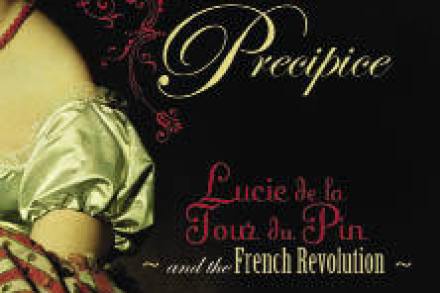A poisonous legacy
A Senseless, Squalid War: Voices from Palestine 1945-1948, by Norman Rose Major Farran’s Hat: Murder, Scandal and Britain’s War Against Jewish Terrorism, 1945-1948, by David Cesarani The second epigraph in Norman Rose’s eloquent, comprehensive and even-handed book, A Senseless, Squalid War, says it all, from Palestine in the late 19th century to Gaza right now. In 1891, the Zionist philosopher and poet Asher Zvi Ginsberg, wrote: From abroad we are accustomed to believing that the Arabs are all desert savages, like donkeys. But this is a big mistake. The Arabs, and especially those in the cities, understand our deeds and our desires in Eretz-Israel. If the time comes when the







